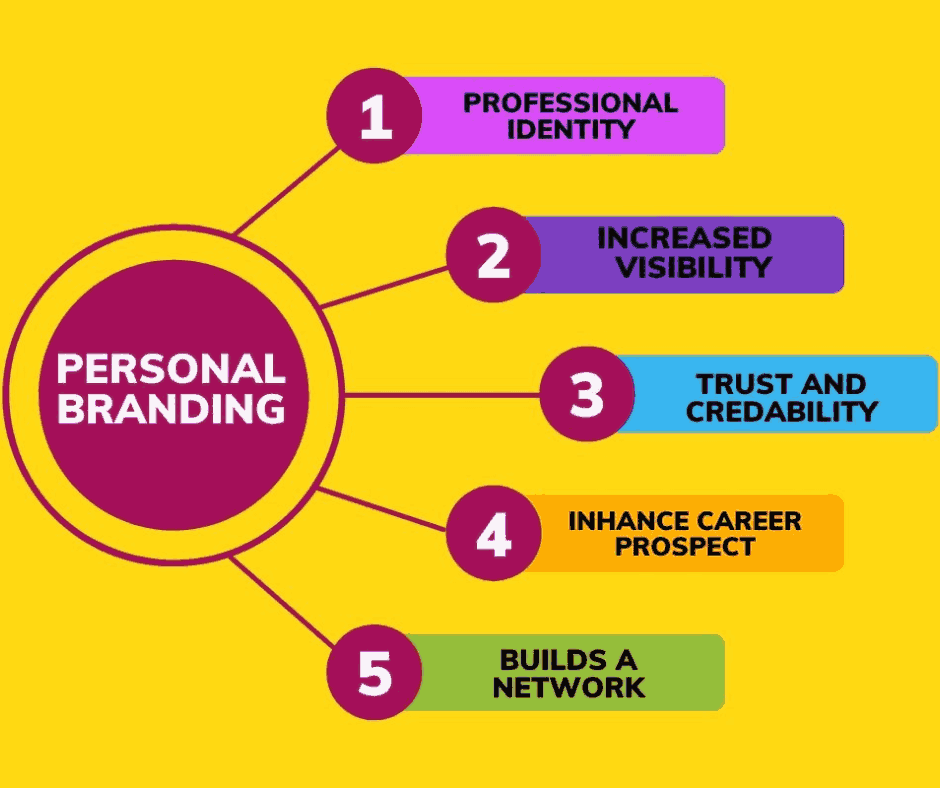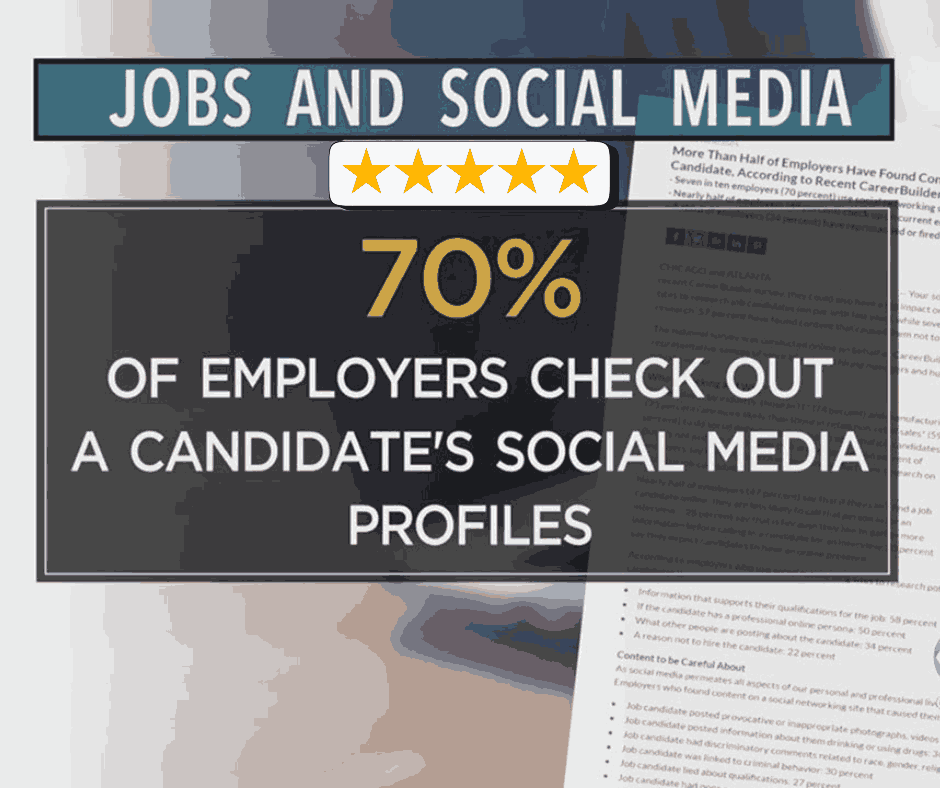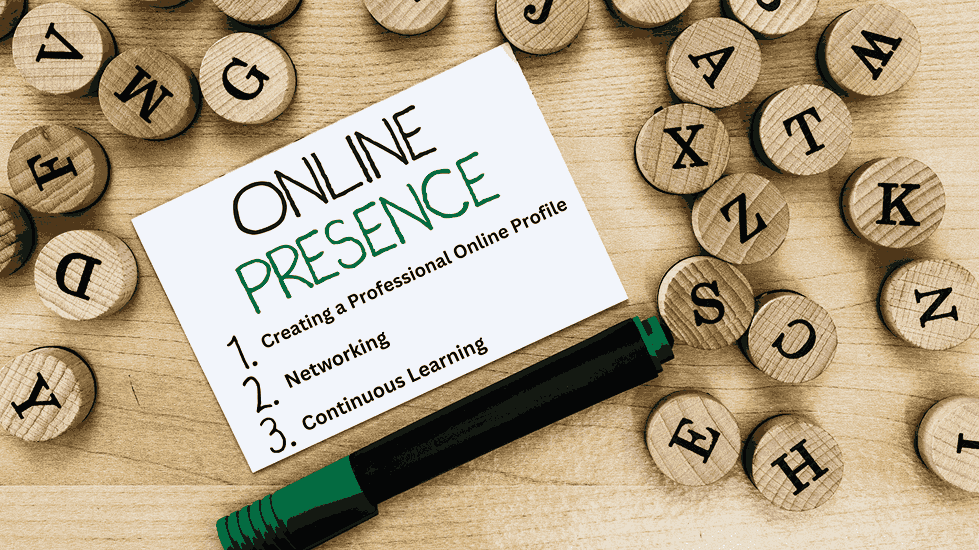In today’s interconnected job market, the significance of a robust online presence and adept professional networking cannot be overstated, especially for college students. In this article, we will discuss the dynamics of student networking in India, give you tips on how students can build an online presence, and learn why professional networking tips for college students are crucial.
We will also guide you on leveraging LinkedIn for Indian students to boost your career prospects significantly.
1. The Importance of Online Personal Branding for Student Networking in India

With the growing population and limited job opportunities, personal branding is crucial for college students to differentiate themselves and stand out from their peers to grab the best job opportunities.
Effective personal branding elevates not only your visibility and credibility within student networking circles in India but also the employers – making you a notable candidate. Learning how students can build an online presence is the key to shaping how you are perceived by potential employers and professional networks.
Personal branding for students involves a lot of things, such as:
- Creating Professional Online Profiles: On platforms like LinkedIn, you should put up a professional photo, include a detailed educational background, showcase relevant skills, and display any work or internship experiences you have.
- Consistent Online Presence: Maintain consistency across all digital platforms in terms of the tone, style, and information shared. This helps in building a recognisable and professional image.
- Content Creation: Engage in content creation relevant to your field of study or interest. This can include blogs, podcasts, or videos that demonstrate your knowledge and passion, contributing to your expertise and authority in the subject.
- Networking: Actively participate in both online and offline networking events. Connect with industry professionals and peers through social media, professional groups, seminars, and workshops.
- Personal Website: Consider creating a personal website that serves as a portfolio of your work, achievements, and skills. This can include articles, project descriptions, testimonials, and a resume.
- Social Media Usage: Utilise social media wisely by sharing and commenting on content that is relevant to your field. Avoid posting inappropriate content that could negatively impact your professional image.
- Soft Skills Demonstration: Showcase your communication, teamwork, and problem-solving skills through various interactions online. These are highly valued by employers and can differentiate you in a competitive market.
- Feedback and Endorsements: Seek endorsements and recommendations from educators, employers, or colleagues on LinkedIn. Regularly ask for feedback to improve and adapt your branding strategy.
- Continuous Learning: Highlight your commitment to learning and development by sharing certifications, courses, and workshops you’ve attended. This shows your initiative and dedication to professional growth.
- Authenticity: Stay true to yourself by reflecting your true personality, values, and goals through your branding efforts. Authenticity resonates with audiences and builds trust.
2. Creating a Professional Online Profile

- Selecting the Right Professional Photo: Choose a headshot with good lighting and a neutral background in which you appear approachable and professional.
- Writing a Compelling Bio: Start with a strong opening sentence that captures your professional interests and aspirations. Use concise language to describe your skills and how they relate to your career goals. Here’s an example:
“Aspiring Data Analyst passionate about leveraging big data to drive business strategy and operational improvements. Skilled in Python, R, and SQL, I am committed to transforming complex data sets into actionable insights that enhance company performance. Currently seeking opportunities to apply my analytical skills and knowledge of machine learning to real-world business challenges, particularly in the tech industry.”
- Listing Educational and Professional Achievements: Structure this section chronologically, starting from the most recent. Highlight key achievements and responsibilities in your work experience rather than listing duties.
Tailor content to showcase experiences relevant to your desired field.
- Using Keywords Effectively: Incorporate relevant keywords to optimise your profile for search engines and recruiter searches.
For example, business and management students can use keywords like ‘market research’ and ‘digital marketing’, and BCA and MCA students can use keywords like ‘data analytics’, ‘cloud computing’, and ‘artificial intelligence’ in their profiles to make it easily accessible for potential employers.
- Engaging Summary and Headline: Craft a headline that is not just your current student status but reflects your career aspirations. The summary should echo your enthusiasm for your chosen field, displaying a mix of your expertise and personal qualities.
For example:
Headline:
Future Marketing Analyst | Data-Driven Strategies | Digital Marketing Enthusiast”
Summary:
I am a third-year Business Administration student with a special focus on Marketing Analytics, driven by a passion for understanding consumer behaviour and leveraging data to formulate effective marketing strategies. My academic coursework and hands-on projects have equipped me with a solid foundation in statistical analysis, digital advertising, and market research.
- Consistency Across Platforms: Ensure your information is consistent across different social media to maintain professional credibility. This consistency helps with reinforcing your personal brand and makes you more recognisable.
- Active Participation: Regularly update your profile with new skills, projects, and experiences. Engage with content related to your field by sharing articles, joining discussions, and connecting with professionals, leveraging professional networking tips for college students.
3. Leveraging Social Media for Professional Growth

Along with alumni networking through college, in this digital era, online professional networking tips for college students also need to be taken seriously. As mentioned above, you should craft a professional and engaging online persona, highlight your skills, achievements, and aspirations, and regularly update and interact with people you connect with to maintain your visibility.
LinkedIn, X (formerly Twitter), and industry-specific forums are invaluable for building a professional network. These platforms facilitate connections with industry professionals and peers – providing a space to showcase your expertise and learn from others.
You can actively engage by:
- commenting on posts,
- sharing insightful articles, and
- publishing original content.
This demonstrates your knowledge and keeps you involved in industry conversations, enhancing your online personal branding.
On LinkedIn, you can connect with industry leaders. Personalise connection requests with a note about why you admire their work or share common interests, making your approach more impactful.
Studies show a strong online presence can lead to increased job opportunities as recruiters often search online for potential candidates. Engaging actively on professional networks increases visibility and can attract job offers.
Here’s a snapshot you should know about:

Source: Apollo Technical
This graph illustrates that 70% of employers use social media platforms to screen potential candidates. This underscores the importance of cultivating a strong online presence for students aspiring to enhance their job prospects.
5. Showcasing Skills and Experience
Showcasing professional capabilities online is crucial for students. We suggest that you should:
- Be specific about the technologies used, the scope of the projects, and any quantifiable results.
- Keep your profile current by regularly updating it with new skills and experiences as you acquire them. This reflects your growth and keeps your profile relevant to potential employers.
- Present your information clearly and professionally, utilising bullet points or short paragraphs to enhance readability and impact.
- Incorporate industry-specific keywords and skills into your profile to improve visibility and attract the right audience, enhancing your online personal branding.
6. Building and Engaging Your Network
To expand your professional network, engage actively in virtual webinars, participate in online forums, and volunteer in relevant sectors. These activities not only enhance your online personal branding but also connect you with like-minded professionals.
Leverage the connections you build for career advancement by seeking advice, recommendations, and job referrals. Remember, consistent engagement and genuine interactions are key to effective student networking in India and beyond.
Conclusion
Building a robust online presence and a strategic professional network is essential for college students aiming to navigate today’s competitive job market effectively. Through dedicated efforts in online personal branding, crafting dynamic professional profiles, and engaging actively on platforms like LinkedIn, students can significantly enhance their visibility and career prospects.
Remember, the keys to success include maintaining an up-to-date profile, showcasing relevant skills and experiences, and fostering genuine connections within your network.
Embrace these strategies to unlock a world of opportunities and carve a distinctive niche in your professional journey.





